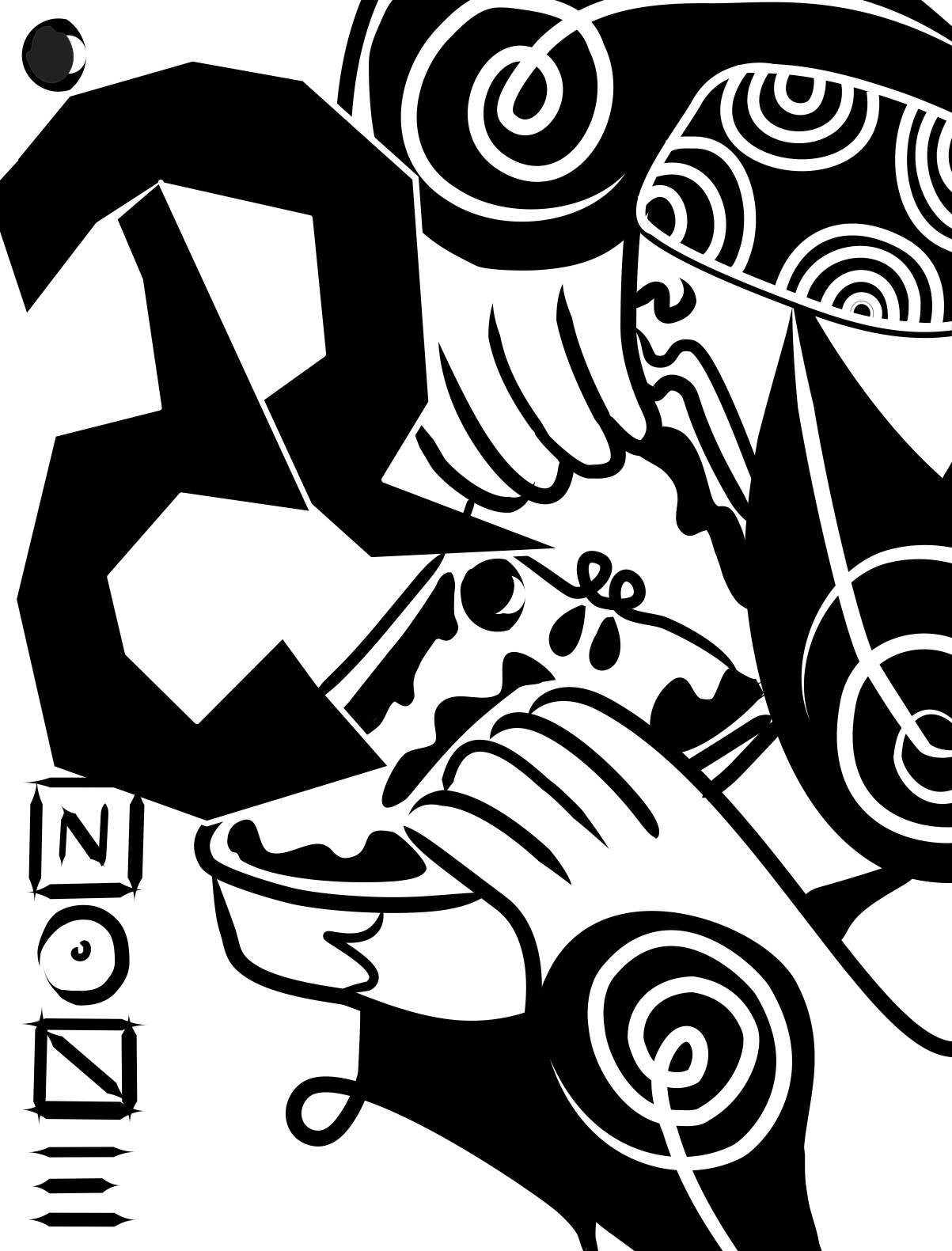Words by Giulia Raneri
Image by Candela Ibanez
We all have those mornings when we wake up, take a look at ourselves in the mirror and become instantly unhappy with what is staring back at us. But hey, don’t get me wrong, if you wake up every morning thinking you look amazing, rock on! Yet for the most of us, we have wished for certain blemishes or pimples to disappear, our nose was smaller or we had better eyebrows. As a result, we become attached to this self-criticism, being obsessed with our looks and needing to change them. Eliminating our imperfections.
I have gone through this very same experience and being surrounded by certain social media platforms such as Snapchat and Instagram has not helped. So how do these platforms foster self-loathing and damage the way we see ourselves?
Social media has been a part of my life as long as I can remember; I was practically brought up on it. I always saw it as a handy tool that helped me stay in contact with friends who moved away, share my photos and most importantly, see what my favourite celebrities are up to. Unfortunately, social media has been linked to higher levels of loneliness, envy, anxiety, depression, narcissism and decreased social skills.
Take YouTube for example, it has now become a place where people can share and distribute their own content, a place that allows people to become the next Kim Kardashian. I also feel as though Instagram and Facebook have become extremely ‘superficial’ worlds that simply ooze perfection from the moments captured and photos people choose to upload. The narratives we share and portray are mostly positive and celebratory, focusing less on the actual moment and more on what appears on our screens.
So what makes us want to share the highlights from our lives, and has social media made us hesitant to post unflattering or ‘bad’ photos?
Social media gives off the illusion of perfection while hiding its true reality. Over the years, my passion for makeup, fashion and skincare has grown, and I would watch certain tutorial videos on YouTube—how to get that ‘perfect makeup look’ or how to create that ‘perfect outfit’. I would then begin to follow certain celebrities on social media, seeing what they would post, what angle worked best for them and even what caption they used for that particular photo. I became obsessed with my appearance.
As a consequence, I would begin to view my social media platforms in a different way. Instead of seeing it as an amazing tool in which I could share things with my friends and laugh at funny memes, I would begin to question everything I posted. Moreover, I would also compare my own social media with other accounts, gathering inspiration and teaching myself to only post photos that would receive the most attention. Remembering to only post the best ones, as anything else was simply not good enough.
This is further reinforced by research conducted by Dr. Suzana Flores, which showed: “Facebook users are becoming increasingly depressed from comparing themselves to their own profile.”
As a consequence, I became paranoid over what photos I would share or what photos my friends would share of me. I needed to show people that I too was having a great time. I had officially become part of the 60 per cent of individuals who use social media that have said it has impacted their self-esteem in a negative way.
As a growing response to my insecurities and low self-esteem, I looked for anything that would help cover my imperfections. I began to use Facetune and fell madly in love with the many animal Snapchat filters. At first, this sort of behaviour was normal. I had easy access to the Snapchat filters and the Facetune app was free to download—I could do whatever I wanted.
Eventually, what I was seeing in the photos was not myself but a perfect vision of what was meant to make me happy. It was different than putting on makeup or posing in a strategic way, because it changed my features: slimming my nose and slightly thinning out my cheeks. It became toxic. I began to stop posting pictures, as I would put myself down if I didn’t get enough likes, or question if people even liked me anymore.
Despite that experience, I am a supporter of social media as it allows us to do so much. I have come to the realisation that we are humans and sometimes, the things we put on social media are filtered through a lense of how we want to be seen by others. So next time you are scrolling through your feed and looking at all the glamorous photos, remember that it is not reality, but a single snapshot of someone’s life.


